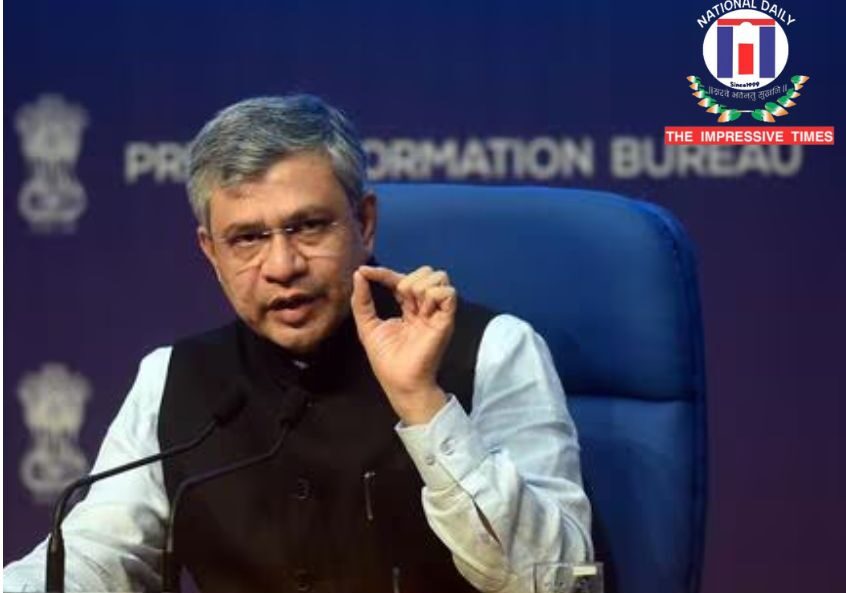
New Delhi, Oct 3 : The Union Cabinet, chaired by Prime Minister Narendra Modi, has granted approval for the Ministry of Housing and Urban Affairs’ proposal to implement Phase-II of the Chennai Metro Rail Project. The new phase will consist of three corridors spanning a total length of 118.9 km with 128 stations. The estimated project completion cost is ₹63,246 crore, with a target completion date set for 2027. Upon full completion, Chennai will boast a total metro network of 173 km, according to an official statement following the Cabinet meeting.
This expansion is expected to significantly enhance public transportation in the city, providing faster and more efficient travel options for residents. The project is seen as a key step in reducing congestion and promoting sustainable urban mobility in Chennai.
India to Join the International Energy Efficiency Hub
In another significant decision, the Cabinet approved the signing of a ‘Letter of Intent’ enabling India to join the International Energy Efficiency Hub (Hub). The Hub is a global platform designed to encourage collaboration and innovation in energy efficiency, which aligns with India’s ongoing commitment to sustainable development and reducing greenhouse gas emissions.
The Cabinet release emphasized that this decision will allow India to collaborate with an exclusive group of 16 nations, providing access to cutting-edge energy strategies and solutions.
“This step solidifies India’s dedication to energy conservation and supports its goal of becoming a leader in green energy practices,” the release noted.
Classical Language Status for Five Indian Languages
In a cultural landmark decision, the Cabinet also approved the designation of “Classical Language” status for Marathi, Pali, Prakrit, Assamese, and Bengali. This status recognizes the ancient and rich cultural heritage embedded in these languages, making them custodians of India’s deep historical roots.
The recognition is expected to create a wealth of employment opportunities, particularly in academia and research. Additionally, the preservation, documentation, and digitization of ancient texts in these languages will generate jobs in areas such as archiving, translation, publishing, and digital media.
“This move not only honors the significance of these languages but also promotes their preservation and continued use in academic and cultural institutions,” the statement added.


















No Comments: